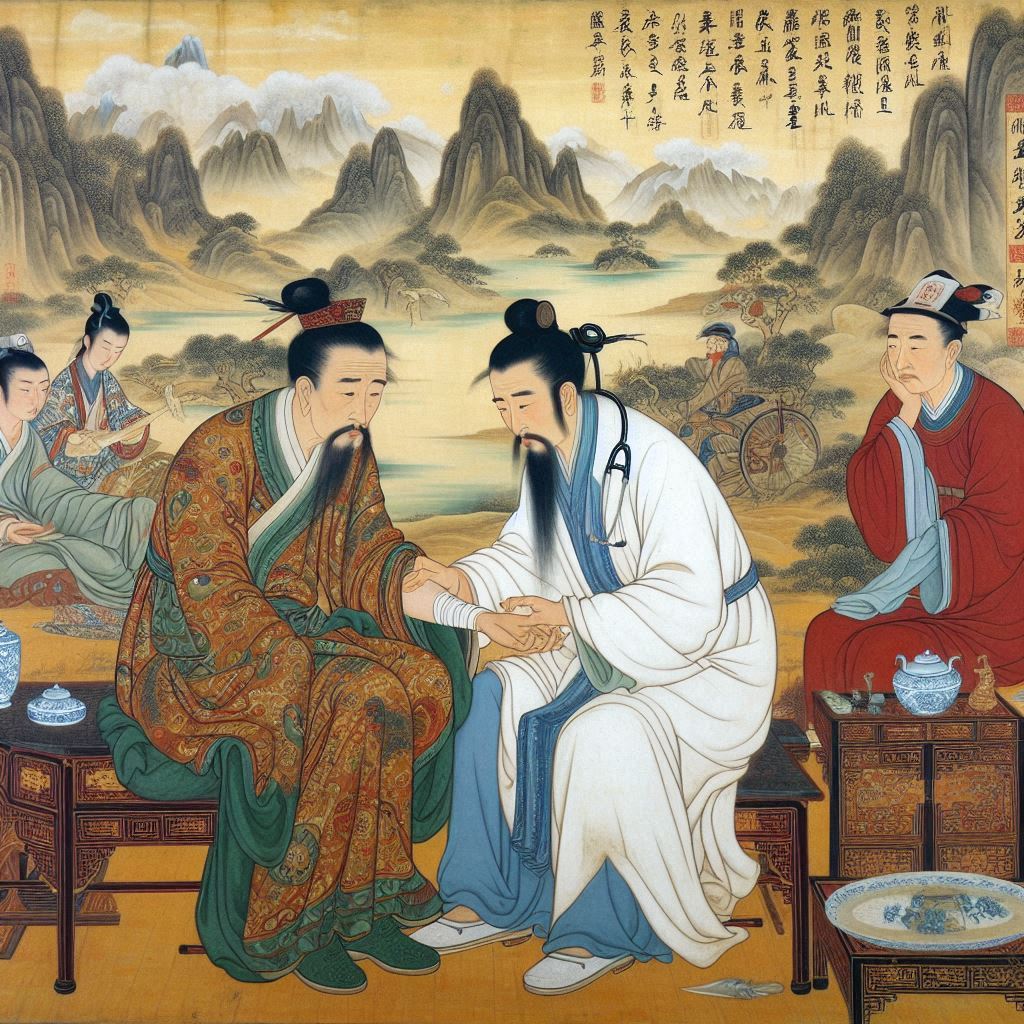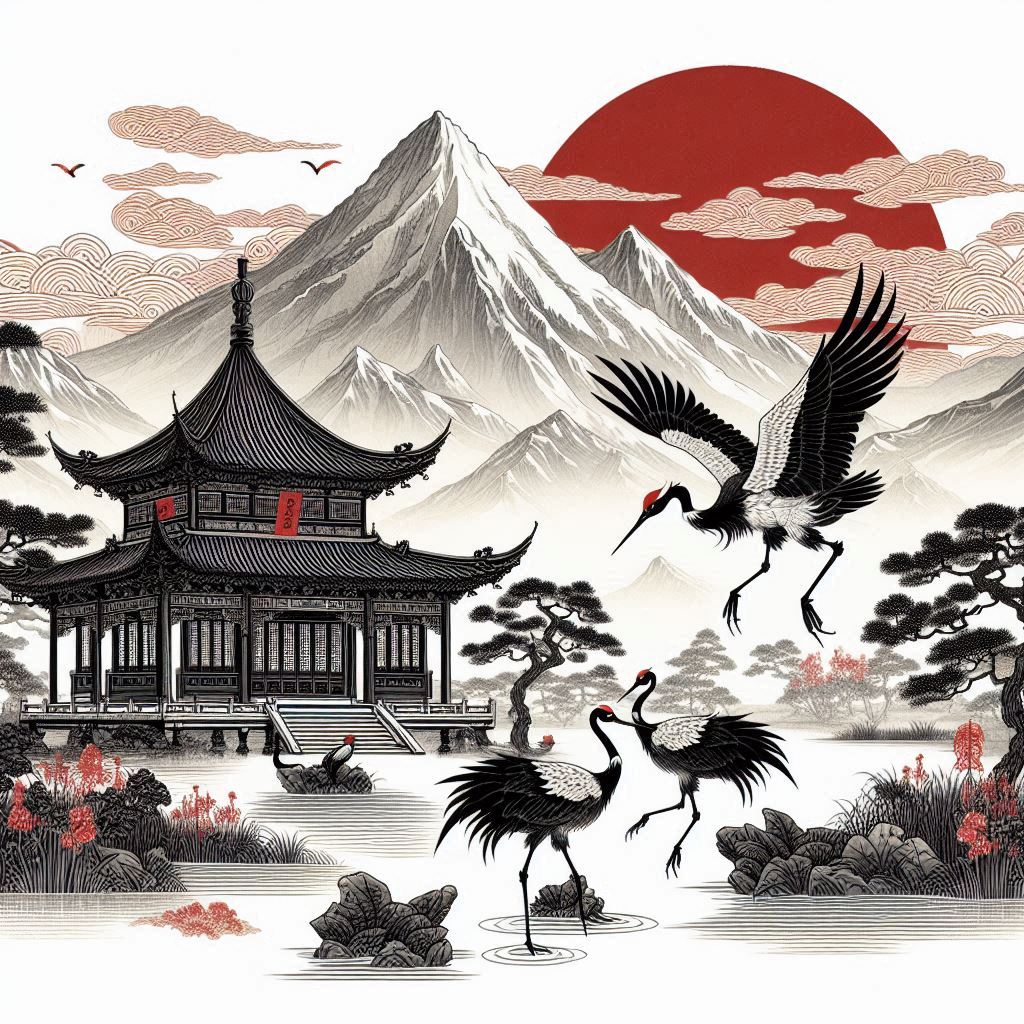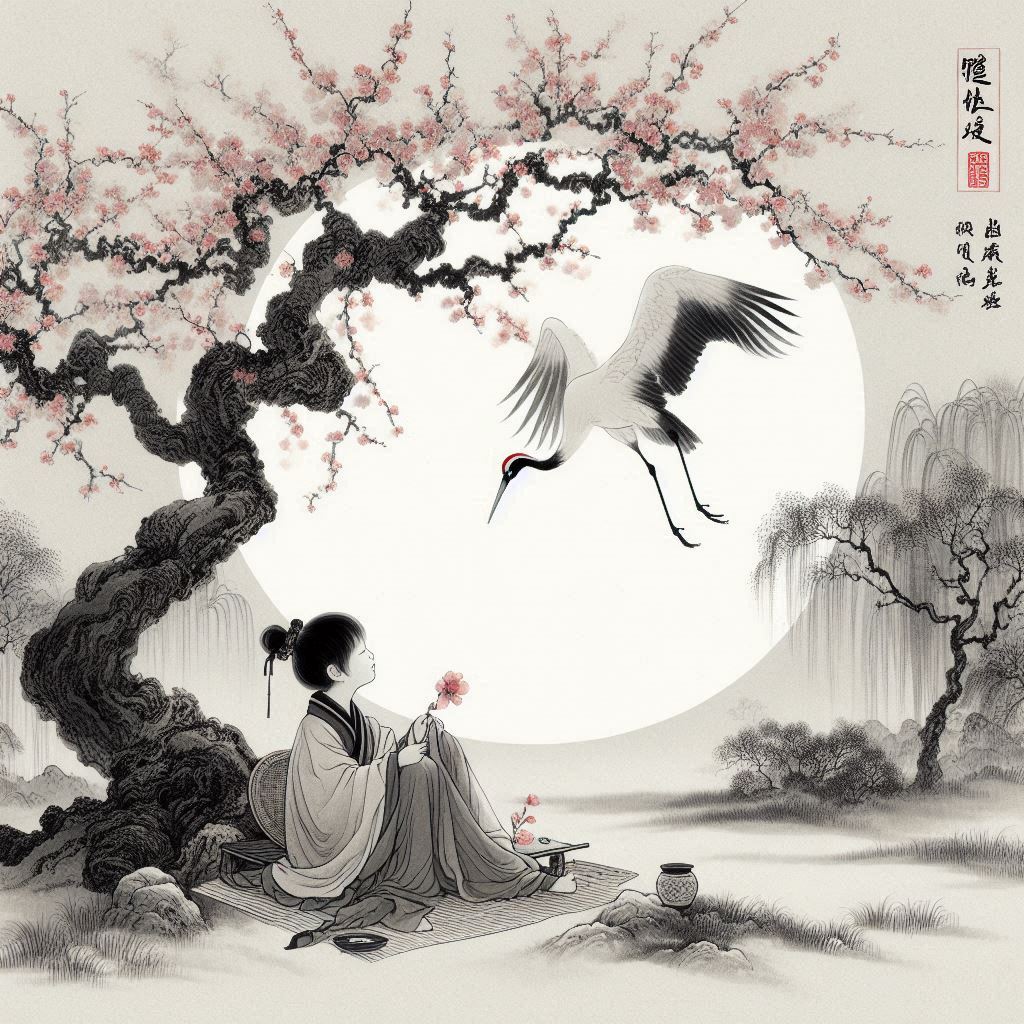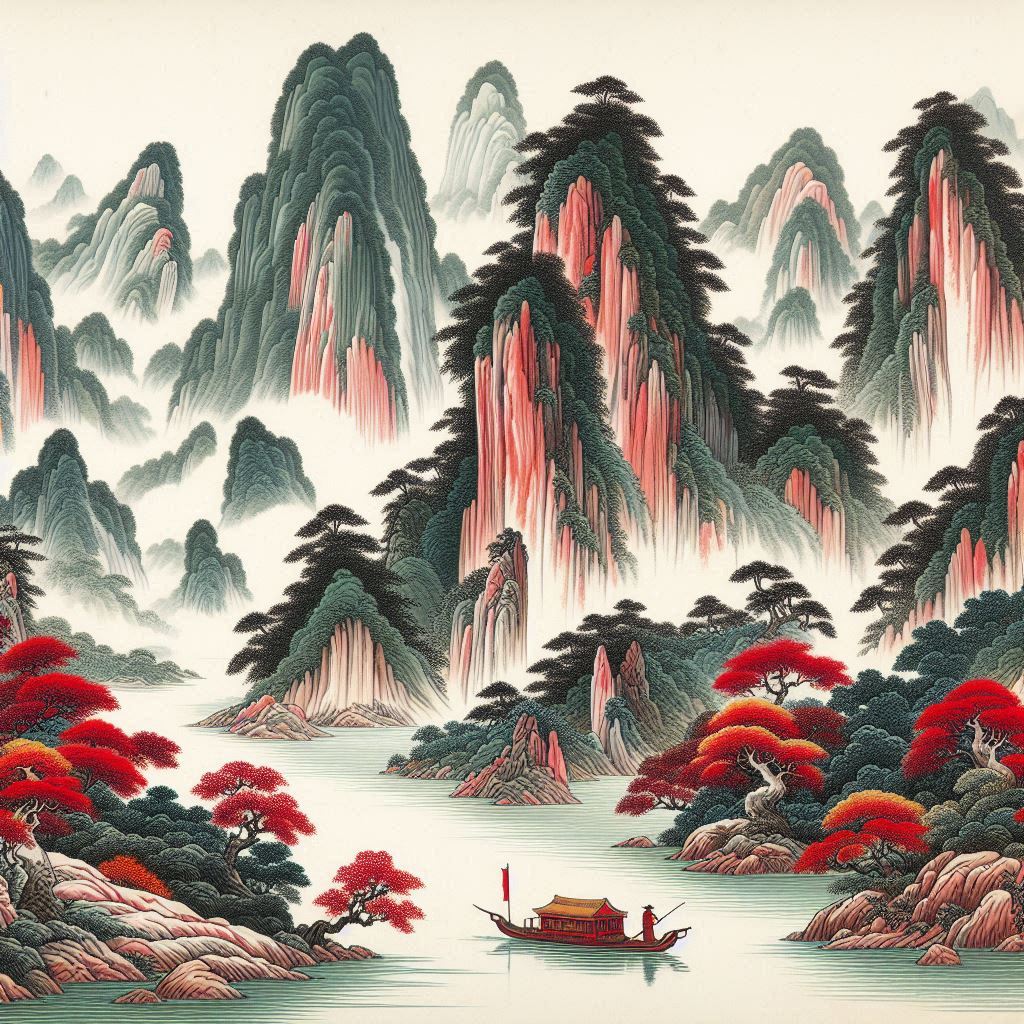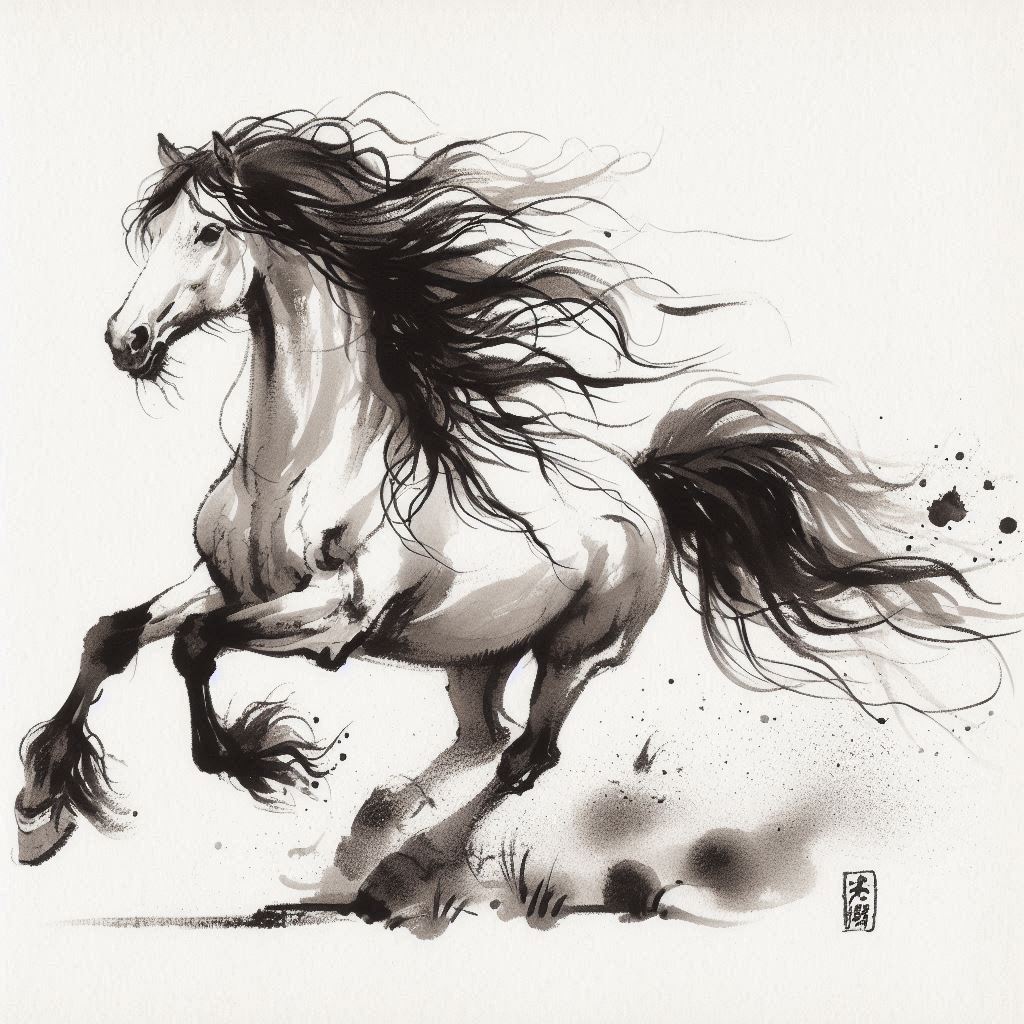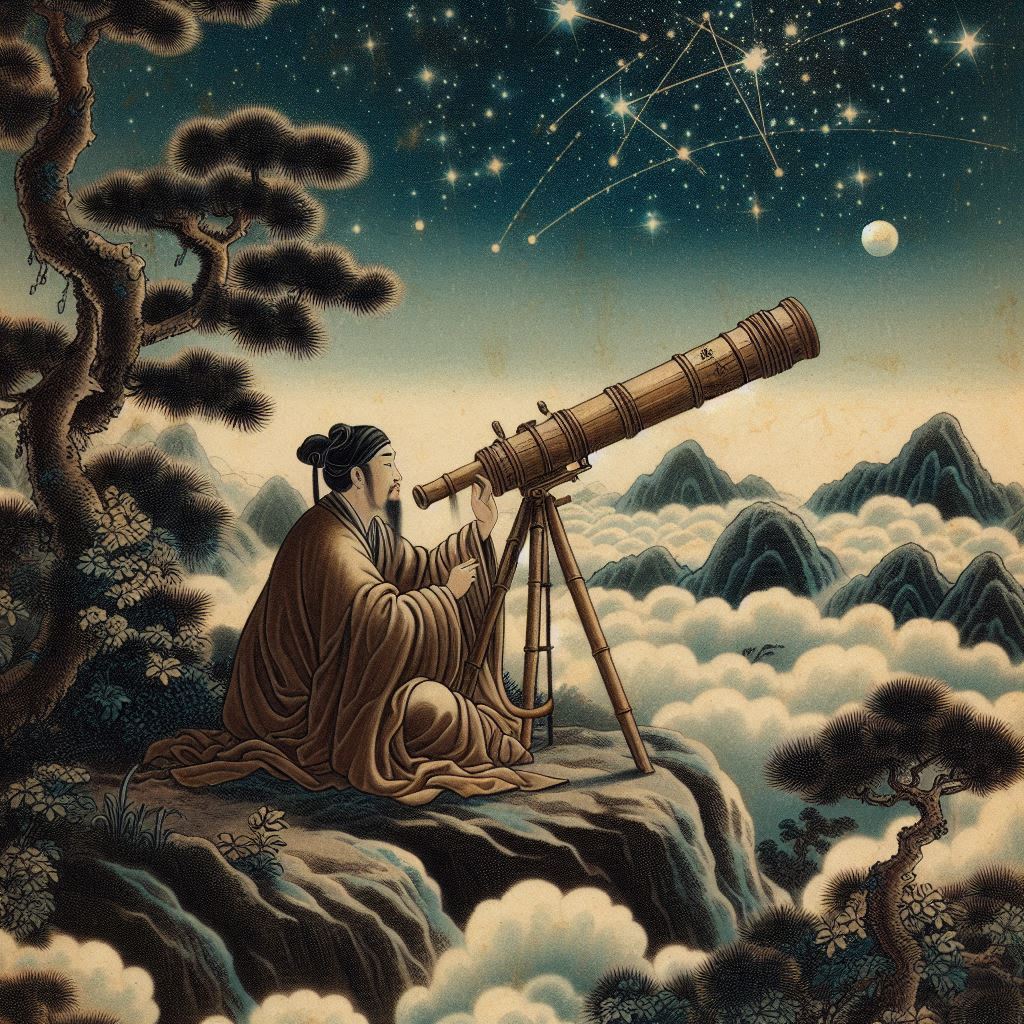Introduction to the disharmony
Major symptoms:
- paleness - pale face, pale lips, pale nails, pale tongue
- dry skin
- dry hair, thin hair
- premature graying of the hair
- muscle weakness, muscle cramps, muscle spasms
- numbness in the limbs
- dizziness
- Liver blood deficiency symptoms - scanty menstruation, painful menstruation, blurred vision, floaters in the eyes, dry or cracked nails
- Heart blood deficiency symptoms - heart palpitations, nervousness, anxiety, insomnia, dream-disturbed sleep, poor memory
There are different causes that lead to blood deficiency. One major cause is weak Spleen(1).
Note: In traditional Chinese medicine the concept of the Spleen differs from the understanding of the spleen in Western medicine. In TCM main function of the Spleen is the transformation of food into "food essence". The symptoms of an imbalanced Spleen point to imbalance in the digestion. So in order to avoid confusion whenever we refer to the Spleen in this project we will consider the collective work of some organs and systems that participate in the transformation and the transportation of nutrients and fluids, rather than solely focusing on the organ spleen as defined in Western science.
When the Spleen is weak it cannot sufficiently perform its transformative function - transforming food into food essence, Qi and blood. Thus not enough blood is being produced. In this case the general blood deficiency symptoms mentioned above are accompanied with some digestive disharmonies such as poor appetite and/or poor digestion(2).
A diet, which lacks insufficient nourishment, is another cause for the blood to become deficient. A third cause for blood deficiency is severe bleeding(1)(4).
A major symptom of blood deficiency is paleness(3)(4). If there is pale face, pale lips(1), pale nails, then the person is most likely blood deficient. Even having pale tongue without other paleness means that the blood is deficient.
Dizziness(1)(4) is another general blood deficiency sign (there is not enough blood to nourish the brain), so is premature graying of the hair and/or thin, dry hair (not enough blood to nourish the hair).
Since there is not enough blood to nourish the muscles, tendons, and joints, some of the symptoms of blood deficiency are muscle weakness, muscle cramps, muscle spasms and/or numbness in the limbs(1)(3)(4) and stiff joints(3).
There are two organs that get particularly affected by blood deficiency – the Liver and the Heart. The Liver stores and regulates the blood in the body. Therefore overall blood deficiency will affect the function of the Liver. In traditional Chinese medicine the Liver governs women’s menstrual cycle therefore Liver blood deficiency may result in scanty menstruation(1)(3)(4) and painful menstruation. The Liver opens to the eyes and nails therefore with Liver blood deficiency the vision may be blurred(1)(4), there may be floaters in the eyes, and the nails may be dry and cracked(1).
The majority of the Heart blood deficiency symptoms are spirit related (in TCM the Heart houses the mind(1)(4)). Such are nervousness, anxiety(1), insomnia, dream-disturbed sleep(1)(2)(3)(4), poor memory(1)(3)(4). Heart palpitations(1)(2)(3)(4) is the main symptom that manifests when the Heart is in disharmony.
A lot of the herbs in this class are thick and sticky in nature and should be prescribed with caution as they could be heavy on the digestion. On the other hand they are very potent and strongly reinforce deficient blood. For better effect it is good to use them together with some Qi tonifying herbs(5).
Major Chinese herbs
Shu Di Huang (Rehmania glutinosa) is a processed herb that strongly tonifies blood. Traditionally the herb is steamed 10 times and dried in the sun 9 times, in order to make it black and shiny and increase its potency as a tonifying herb. The raw root (before it is processed) is used in a different class of herbs - "Herbs that cool the blood". Besides tonifying blood the herbs also tonifies the Essence and is prescribed for hearing loss(5) and premature graying of the hair(5)(6) allowing the hair to return its original color. This herb is also indicated for diabetes for its function to lower blood sugar(6).
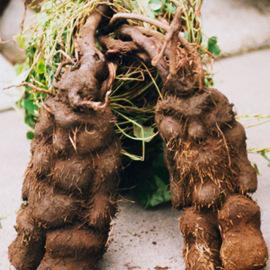
He Shou Wu (Polygonum multiflorum) is fleeceflower root. It strongly tonifies the blood and supplements Essence. As it enters the Liver it benefits blurred vision due to Liver blood deficiency(5); as it enters the Kidneys - it benefits premature graying of the hair(5)(6). Studies have shown that this herb can treat fatty liver(6) and reduce cholesterol(5)(6).
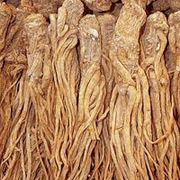
Dang Gui (Angelica sinesis) is Chinese angelica root and is commonly referred to as the “women’s herb”. It tonifies blood and regulates menstrual disharmony due to blood deficiency such as painful or scanty menstruation, or lack of menstruation(5)(6). It also has a moving quality and is used for releiving pain. Bai Shao (Paeonia lactiflora) is another famous blood tonifier that harmonizes the menstruation but also tonifies Yin. E Jiao (Equus asinus L.) is donkey-hide gelatin – a rather expensive herb, at least in China. It also nourishes the Yin and has a moistening effect on the Lung. Certainly it tonifies blood but is also used to stop bleeding. Long Yan Rou (Euphoria longan) translates as “dragon eye flesh”. This “fleshy” herb enters the Heart and calms the spirit, it enters the Spleen and benefits overthinking(5). Last but not least the famous in the West Goji berry – Gou Qi (Lycium barbarum) is known to be one of the herbs that majorly benefits the eyes and the vision(5)(6). Considered to be a longevity herb in China(6), Goji berry nourishes the Essence, the Yin and the blood(5).
Healing foods
To treat blood deficiency blood needs to be build. The best way to do that is adding blood tonifying foods to the diet.
To unlock the rest of this article select "Yes, I want to learn!" below.
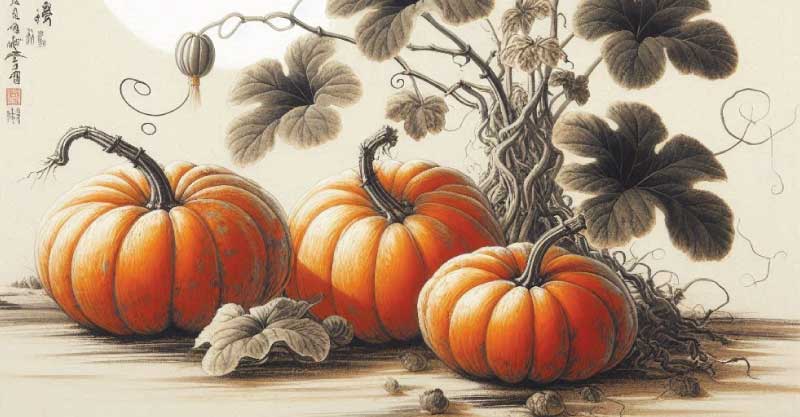
Food therapy is the most economical and non-toxic biochemical approach to health and disease. Food is something we continuously use to sustain our lives. Learning what foods are healing (and what disruptive) for each condition has the potential to convert every meal into a form of therapy.
YS
(1) Maciocia, Giovanni (1989). The Foundations of Chinese Medicine. Edinburgh: Harcourt Publishers Limited
(2) Zhang, Enqin (1990). Basic Theory of Traditional Chinese Medicine. Shanghai: Publishing House of Shanghai College of Traditional Chinese Medicine
(3) Yang Weiyi, Meng Fanyi, Jiang Yuanan(2002). Diagnostics of Traditional Chinese Medicine. Beijing: Beijing University of Chinese Medicine and Pharmacology
(4) Deng Liangye, Gan Yijun, He Shuhui, Ji Xiaoping, Li Yang, Wang Rufen, Wang Wenjing, Wang Xuetai, Xu Hengze, Xue Xuiling, Yuan Jiuling (1987). Chinese Acupuncture and Moxibustion. China: Foreign Languages Press
(5) Benski, Dan & Gamble, Andrew (1993). Materia Medica, Revised Edition. Seatle: Eastland Press, Incorporated
(6) Lu, Henry (2005). Chinese Natural Cures. New York: Black Dog & Leventhal Publishers, Inc.
(7) Pitchford, Paul (2002). Healing with Whole Foods. Berkeley: North Atlantic Books
(8) Holmes, Peter (1998). The Energetics of Western Herbs. Boulder: Snow Lotus Press, Inc.
Related Articles:
Herbs That Invigorate the Blood
Note: This site and its services are to consumer educational use only. Nothing contained in this site is or should be considered, or used as a substitute for medical advice, diagnosis or treatment. We advise users to always seek the advice of a physician or other qualified professional with any questions regarding personal health and medical condition. Please read our Disclaimer

